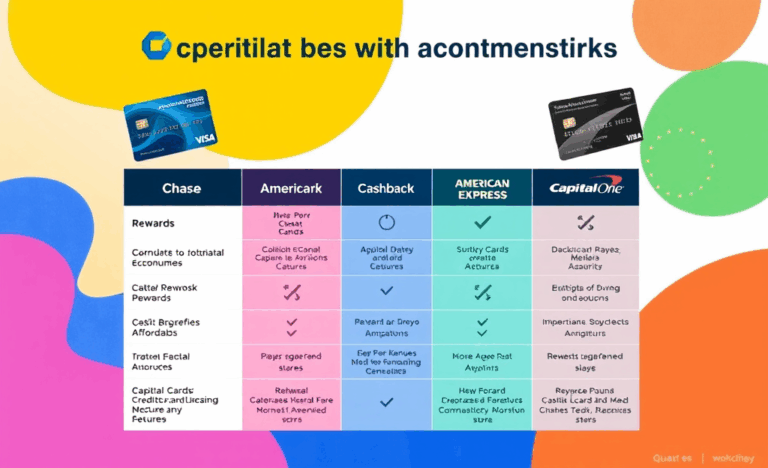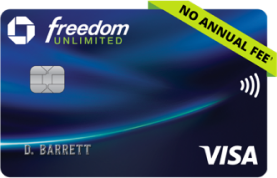![]()
![]()
![]()
![]()
Uncovering Hidden Fees Banks Don’t Reveal About Loans
Hidden Fees are an often-overlooked aspect of the loan process that can significantly impact your financial well-being.
In this article, we will delve into the critical insights around these hidden fees, including loan origination fees, variable interest rates, and other undisclosed charges.
By breaking down these complexities, we aim to empower borrowers with the knowledge needed to navigate the loan landscape effectively.
Understanding these hidden aspects can help you avoid unexpected expenses and steer your financial decisions in a more informed direction.
Join us as we unveil the truth behind the costs associated with loans.
Loan Costs Banks Hope You Miss
Many borrowers focusing on advertised low interest rates often overlook the total cost of a loan.
Banks frequently highlight these eye-catching rates while embedding lesser-known charges in complex paperwork, using industry jargon that most consumers struggle to decipher.
As a result, the cost seems minimal at first glance, giving a false sense of affordability.
However, those headline rates often exclude additional expenses like loan origination fees, mandatory insurance premiums, or early repayment penalties.
Over time, these hidden fees inflate monthly payments and significantly increase the total repayment amount.
In fact, research from the Economic Justice Fund reveals that loans can cost hundreds or even thousands more than expected.
Borrowers rarely question what’s missing from the advertised rate, which is exactly why banks downplay disclosures.
Always read the fine print before signing anything
Unmasking Origination and Processing Fees
Many borrowers remain unaware that the origination, underwriting, appraisal, and document preparation fees embedded in loan paperwork significantly increase the effective Annual Percentage Rate (APR).
These charges are often buried beneath minimal disclosure language, creating hidden costs that aren’t directly reflected in the advertised loan interest rate.
For instance, origination fees typically range from 0.5% to 1% of the loan and are meant to compensate the lender for processing your application, while underwriting fees account for the cost of risk evaluation.
Appraisal and documentation fees may also be leveraged to recoup internal and third-party administrative costs.
Although each is explained with a seemingly practical purpose, lenders rarely spotlight these charges, which can turn a seemingly low-interest loan into a costly financial commitment.
| Fee | Typical Range | Purpose |
|---|---|---|
| Origination | 0.5%–1% of loan | Opening and processing the loan |
| Underwriting | $400–$600 | Risk assessment and loan approval |
| Appraisal | $300–$700 | Valuating the asset securing the loan |
| Document Preparation | $100–$400 | Compiling and legalizing loan documents |
Always request a full line-item fee sheet to clearly understand what’s increasing your loan’s true cost
Variable Interest Rates: When Cheap Turns Costly
Adjustable-rate loans may seem appealing with their low initial payments, but they often bring hidden risks that can drastically increase what you owe over time.
These loans adjust based on index benchmarks like the LIBOR or SOFR, combined with a margin set by the lender—this combination determines your new mortgage rate after the fixed period.
According to the Consumer Financial Protection Bureau, these indices shift with market conditions, and when that happens, so do your payments.
- Check the rate cap, which limits how much interest rates can rise per period or over the life of the loan
- Understand the index that your loan follows and how frequently it changes
- Review the margin, which gets added to the index and is set by your lender
- Know the adjustment schedule—your rate could spike annually or even more often
Never sign an adjustable-rate loan without examining the worst-case scenario first
Additional Expenses Banks Slip In
Lenders often embed loan insurance add-ons into agreements without adequately informing borrowers.
These insurance policies—such as credit life or disability insurance—may appear optional but are sometimes bundled into the loan total automatically without clear consent.
This quiet inclusion increases the overall loan cost, and many borrowers only realize it after reviewing their first few statements.
To avoid this, always request a complete itemized breakdown before signing and ask whether any added services are mandatory.
Understanding what you’re paying for puts you in control and helps avoid expenses that seem minor but add up significantly over time.
Another hidden cost many overlook is the prepayment penalty, designed to discourage early loan payoff.
This fee compensates lenders for the interest they lose when you repay ahead of schedule.
Commonly buried in the fine print, it can surprise those trying to free themselves from debt early.
According to Rocket Mortgage’s guide, being charged for doing the right thing financially can be deeply frustrating.
Keeping Surprise Costs Out of Your Loan
Hidden loan fees often disguise themselves in complex terminology packed into disclosure documents.
Although lenders are legally required to provide key information, many borrowers overlook crucial details buried in the fine print.
Fees such as loan origination costs, application processing charges, and prepayment penalties can inflate your overall repayment without clear warning.
Compare multiple lenders through tools like the CFPB Loan Estimate comparison guide, which helps you weigh each estimate side-by-side, exposing cost deviations.
Be vigilant if a rate seems too good to be true—sometimes low interest rates come with hidden points or add-ons.
Some lenders may present a very low APR while masking fees deeper in the cost breakdown.
Consulting a mortgage advisor can demystify terms and offer clarity for long-term implications.
Remaining proactive through knowledge and comparison is key to confident borrowing.
- Request your official Loan Estimate from each lender
- Compare these estimates using tools like the CFPB’s guide
- Consult a qualified mortgage advisor or financial professional
Always read every line.
Hidden Fees can complicate the loan process, but knowledge is power.
By uncovering these fees, you can make smarter financial decisions and avoid unpleasant surprises, ensuring a more manageable borrowing experience.






